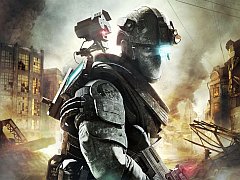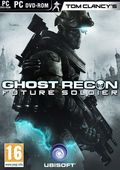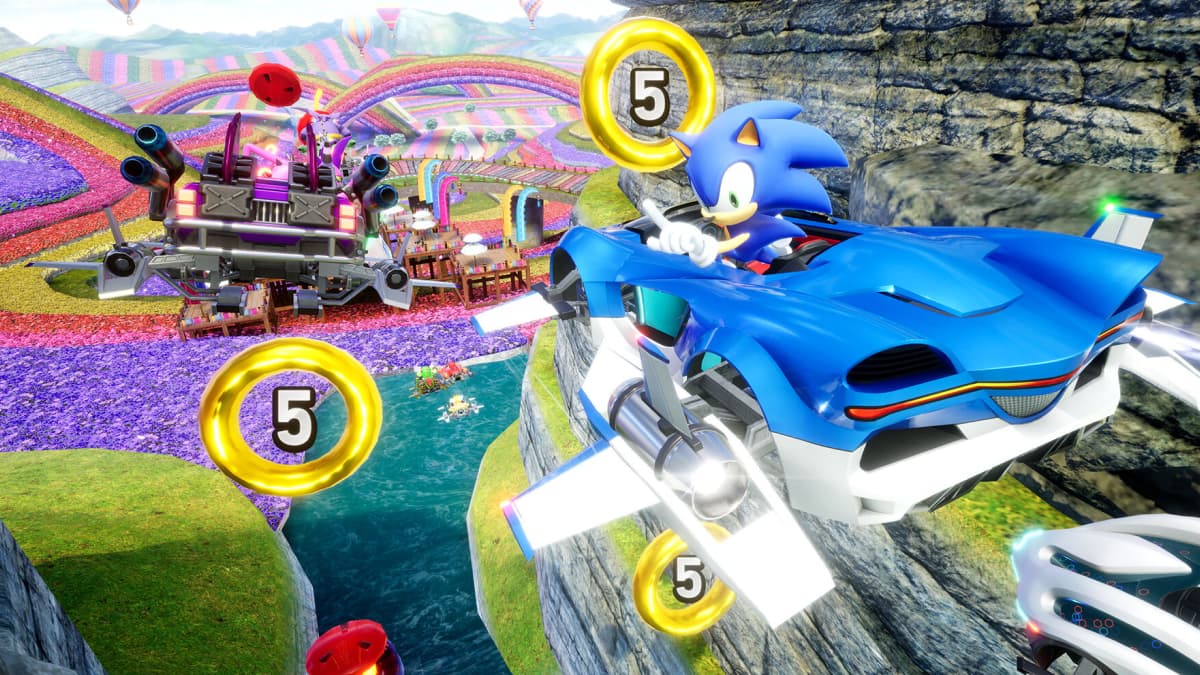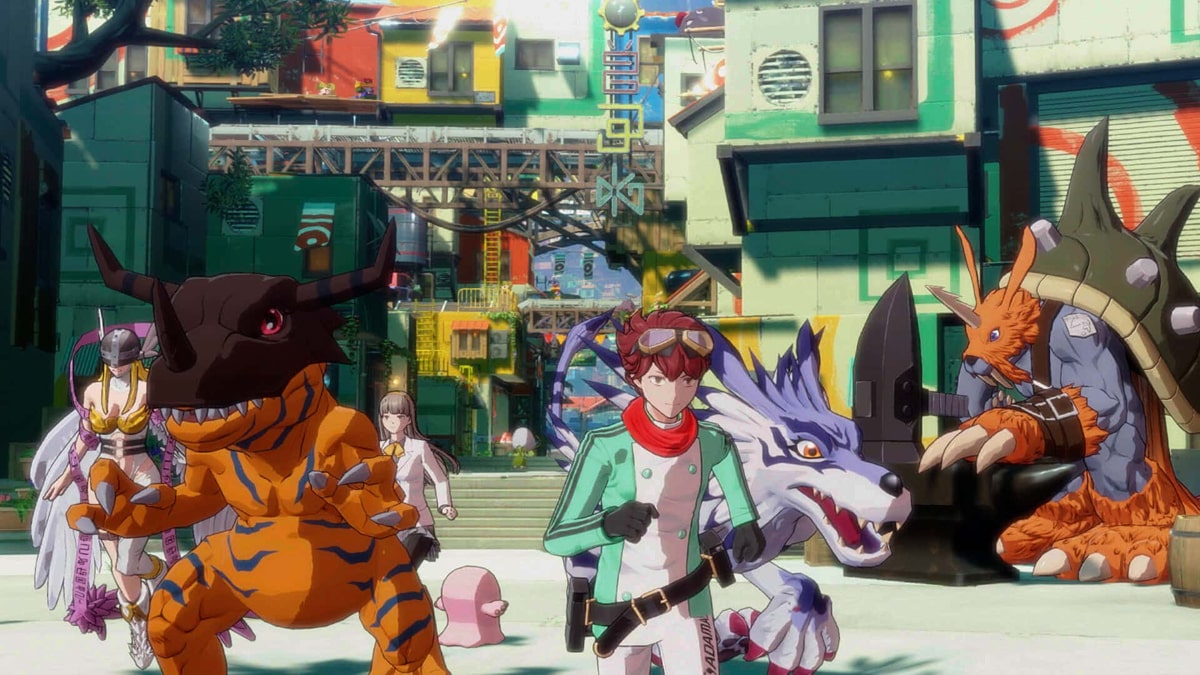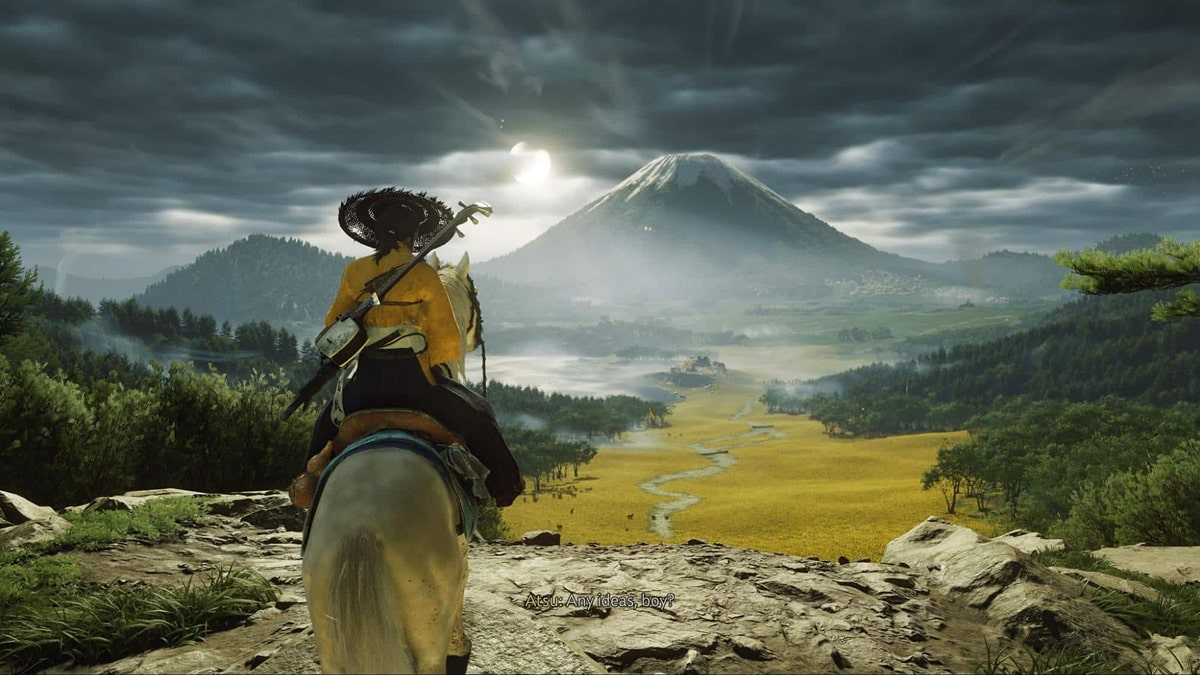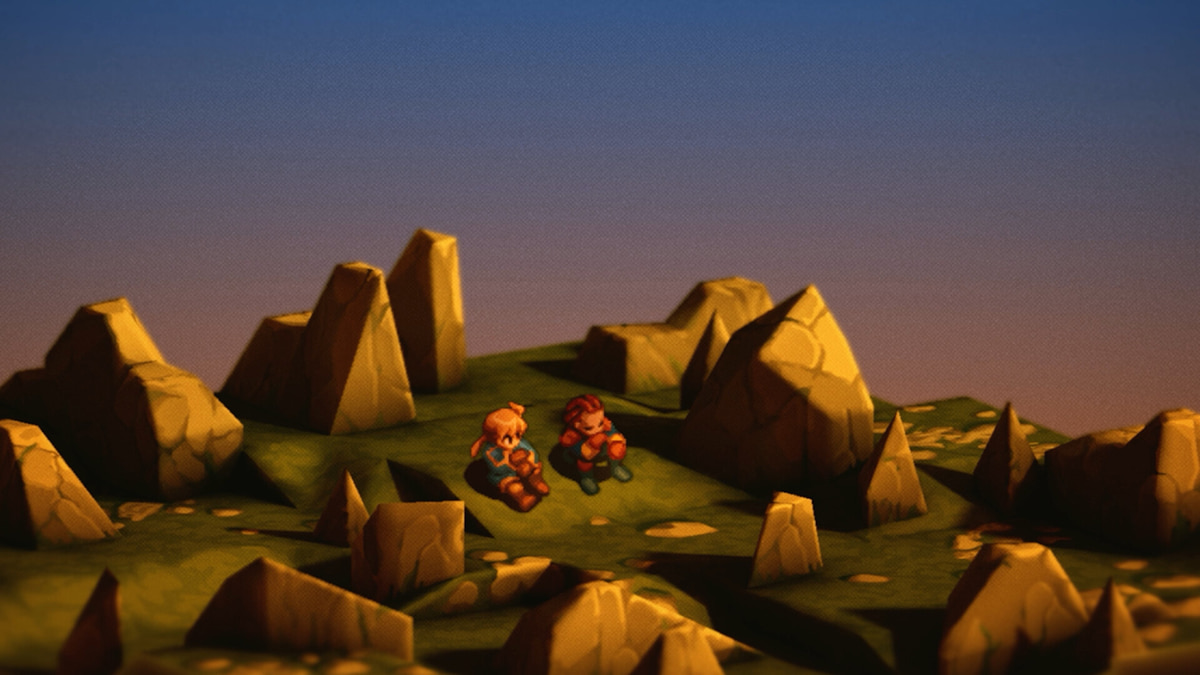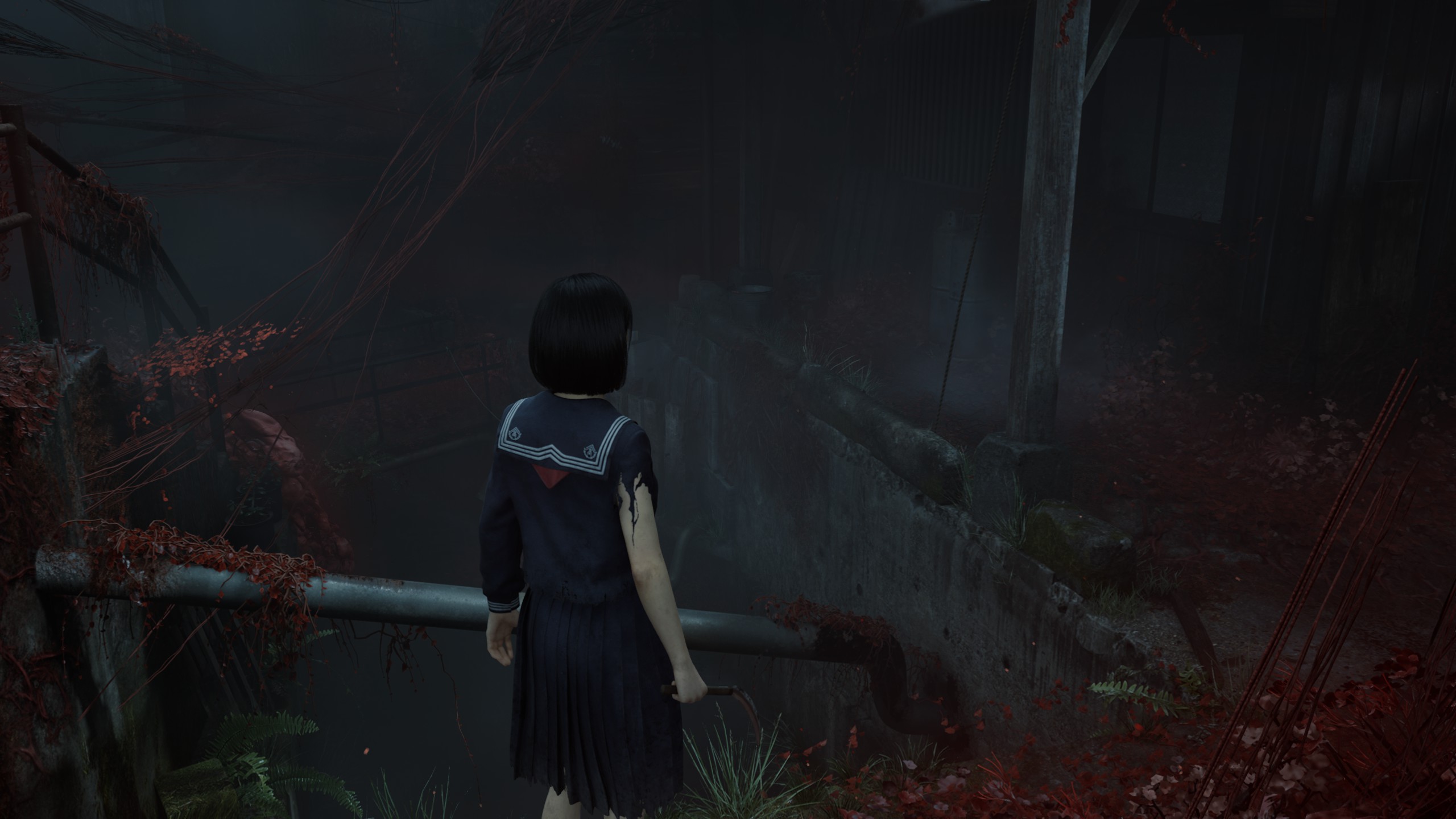You can trust VideoGamer. Our team of gaming experts spend hours testing and reviewing the latest games, to ensure you're reading the most comprehensive guide possible. Rest assured, all imagery and advice is unique and original. Check out how we test and review games here
Much has changed since Tom Clancy’s advanced warfighters began their transition to future soldiers. Tooled up with a bag of MacGuffins straight out of a military research facility powered by amazing science, our new quartet of quick-shooting military men – those are Tom Clancy’s Ghosts, by the way – come packing some fancy prototype weaponry. There’s whizzy camouflage suits that turn you invisible when crouching, pocket-sized drones that can transform into UAVs or cars, and enough of Ubisoft’s signature screen overlays to make you wonder for a few seconds if you’re actually playing the game from within an Animus. You aren’t, I don’t think.
There’s plenty of fun to be had by tinkering with Mr Clancy’s fanciful future toys, such as marking up a building’s worth of targets with a sensor grenade or driving a cloaked remote control car around the heels of your unsuspecting foes. A weighty sense of player momentum and heavy weaponry keeps you grounded in some semblance of reality, though, as does a competent suppression system and some delightful bullet recoil.
Far more important than all the technology America can muster, however, is the power of teamwork – which sounds awfully like the kind of lesson a gang of heroes discovers over the course of a Saturday morning cartoon, but you just can’t beat the classics. Using a fairly intuitive marking system and some on-screen prompts, your team can designate up to four targets to be taken down in unison, dispatched with lethal AI precision in single-player or in a slightly clumsier but ultimately more satisfying manner when playing with a group of friends.
These synchronised shots are Future Soldier’s greatest asset, and when you’re silently dispatching entire outposts of enemies in satisfying quartets it’s easy to forget about how the rest of the game isn’t nearly as satisfying. It doesn’t really matter why you’re dispatching these nameless goons – like all Tom Clancy games, Future Soldier is a nuclear-charged excuse to go to exotic foreign destinations and mow down the locals – because often the actual mechanics powering the adventure can be so thoroughly entertaining.
Context and atmosphere does start to matter when Ubisoft seems increasingly desperate to jam it in your face, however. A general inexperience with plot, character and pacing undermines many of the game’s initial aims, and a wooden cast delivers a shallow script with all the life of an ancient cadaver. This generation has seen Tom Clancy games viewed squarely through a Jack Bauer lens, and this modern attempt to infuse the grit of war falls flat in a game too focused on presenting armed conflict as the height of glamour.
A lengthy single-player campaign gets off to a worrying start, too, as you trek through a few too many soulless environments while unintentionally-comedic civilians run around looking terrified as weak, tinny screaming effects play out awkwardly in the background. The momentum of the campaign picks up dramatically, however, after you’re forced to plod through a hidden Russian outpost buried in snowfields, and the end chunk vastly outshines what’s come before.
But the real problem is that Future Soldier is a conflicted campaign, and it’s never quite clear what it’s looking to accomplish. There’s a tangible sense that Ubisoft doesn’t even know what it wants the game to be, fighting a war on two fronts as it attempts to both out-stealth and out-action a whole cache of other competing titles. This lack of clarity ensures the muddled set-pieces never quite play out with the right sparkle, and that the stealth is never quite complex enough to really satisfy.
Ubisoft is a publisher that revels in the mechanics of game design, and its development houses are often two steps ahead of the competition when it comes to the medium’s next big tricks. Yet Future Soldier’s greatest flaw is that it never finds the right home for its myriad gameplay systems, cobbling together some excellent component parts into a confused whole.
Nowhere is a sense of stray, stumbling mechanics more noticeable than with Gunsmith, a fancy and elaborate way to customise the various bits and bobs of your weaponry. The range of customisation is certainly impressive, and you’re able to mix-and-match between a selection of triggers, magazines, barrels, gas systems, muzzles, stock, optics and paints. But Gunsmith is also exhaustive enough that Ubisoft is obviously terrified of it, shunting it behind some menus and having the campaign just recommend you items for each level anyway.
Gunsmith might have more of a point in multiplayer, where players spend ages customising their loadouts in a quest for the perfect combination, though I imagine most people won’t be looking for much more than a decent scope. They’ll definitely need one, though, as Future Soldier’s adversarial modes play out slowly across small maps with exceeding long sight lines – a sniper’s playground, in other words.
There’s a noticeable intensity to these high-risk multiplayer brawls, spread out across 10 maps and four team-based modes. The most elaborate on offer is Decoy, which has a team of attackers blitzing three objectives, with one randomly assigned area being more important than the other – it’s an interesting idea, but one just a little bit too elaborate and unwieldy to properly take off. Far more successful are Siege and Saboteur, which riff off established game modes like Search & Destroy and one-flag CTF. Conflict, the game’s all-purpose mode, thrusts teams into a string of rolling objectives similar to Killzone’s Warzone. Rounding out the online options is Guerilla, a wave-based survival mode for four-players that plays out exactly like you expect it to.
Future Soldier multiplayer, much like its single-player campaign, can never really escape the fact it feels stitched together from other designs, and in doing so it gains scope and diversity at the cost of a clear, unified direction; it almost becomes more than the sum of its parts, but not quite. Regardless, its punishing arsenal and focus on strong teamwork will likely help it become a prime stomping ground for hardcore shooter fans over the summer period, and it certainly helps that the third-person genre is far less crowded than the first. It must also be said that the sensor grenade is probably the best anti-camper invention of all time.
While there’s enough to like about Future Soldier, it doesn’t quite live up to the pedigree of the series. Occasionally ambitious but ultimately too afraid to deviate from the genre’s well-worn formulas, Ghost Recon: Future Soldier feels like it’s stuck in the past.
Version Tested: Xbox 360
Tom Clancy’s Ghost Recon: Future Soldier
- Platform(s): PC, PlayStation 3, Wii, Xbox 360
- Genre(s): Action
